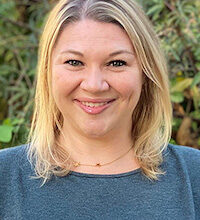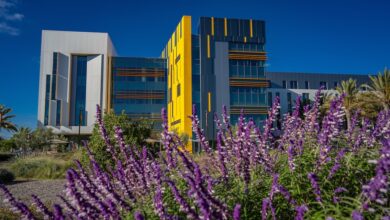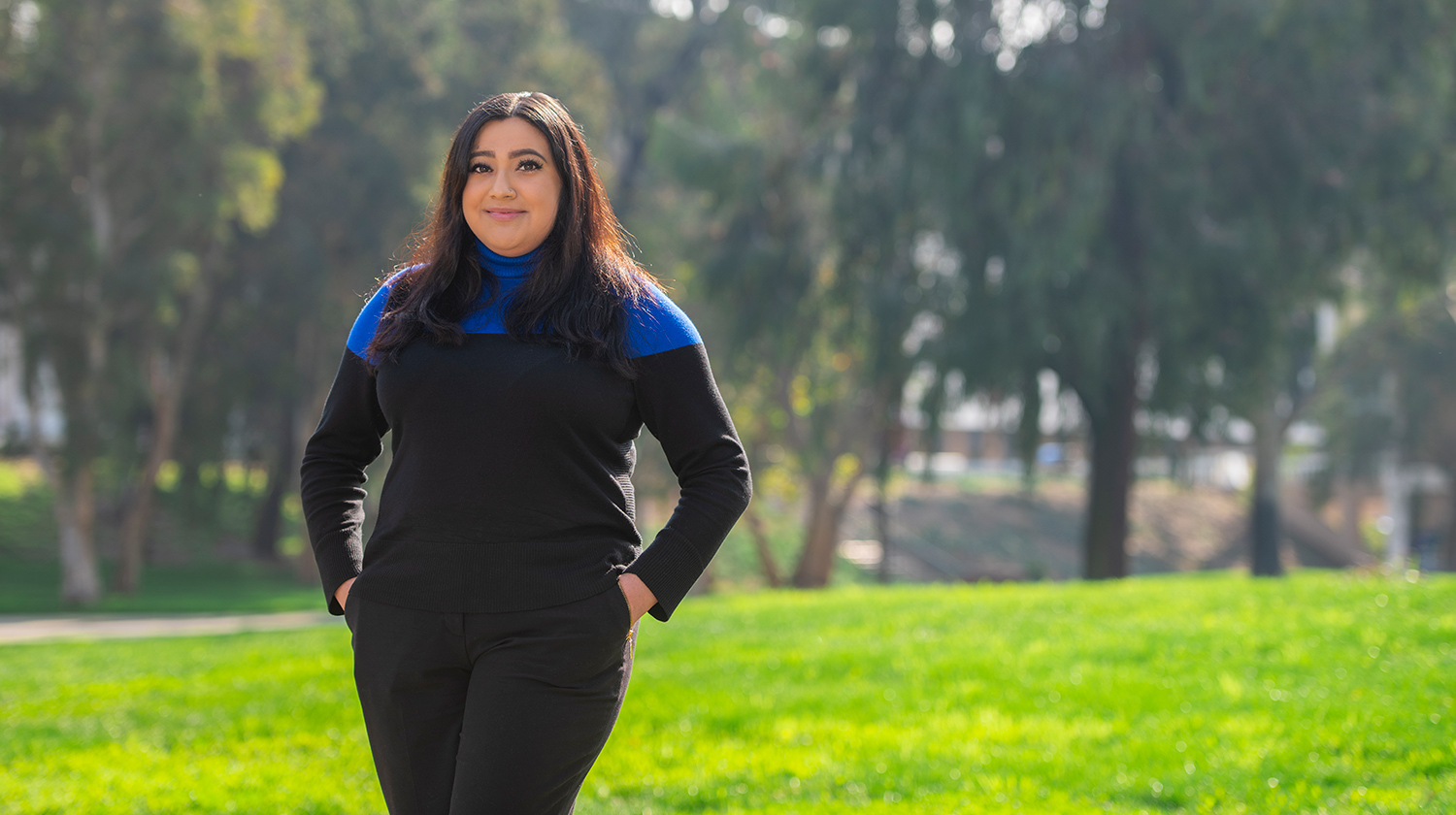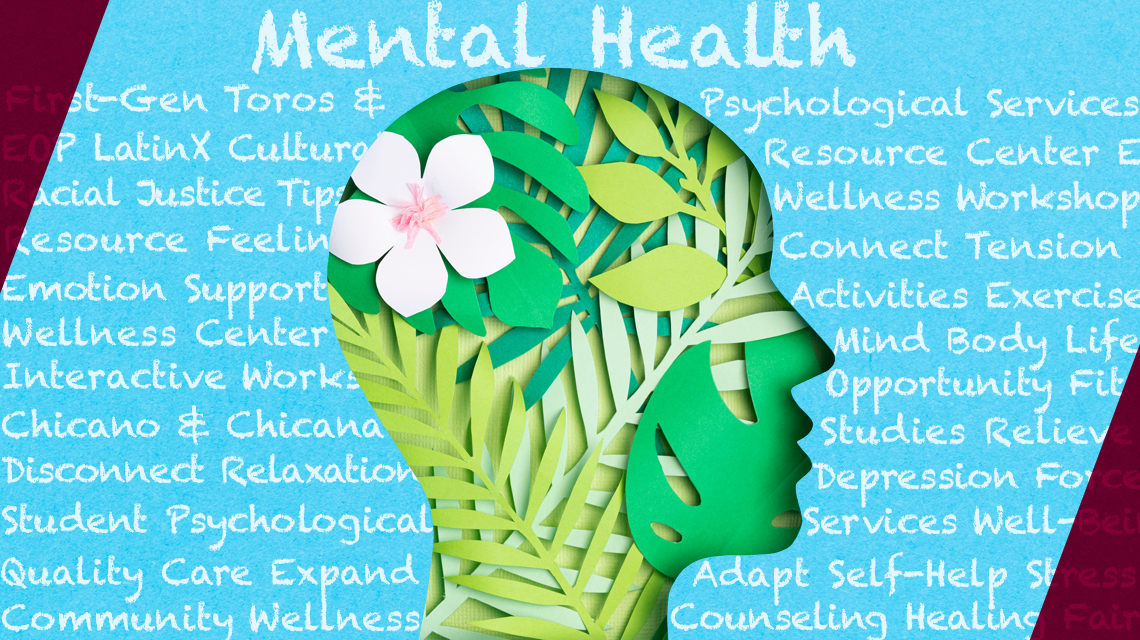 Even before the COVID-19 pandemic and its ensuing hardships, college students were not immune to the nation’s widespread rise in mental health issues. Studies from the National Alliance on Mental Health (NAMI) found that pre-COVID, one in four young adults between the ages of 18 and 24 had a diagnosable mental illness.
Even before the COVID-19 pandemic and its ensuing hardships, college students were not immune to the nation’s widespread rise in mental health issues. Studies from the National Alliance on Mental Health (NAMI) found that pre-COVID, one in four young adults between the ages of 18 and 24 had a diagnosable mental illness.
Among college students nationally, a recent Mayo Clinic study found that 30 percent reported experiencing depression in the past year, while 50 percent said they had felt “overwhelming anxiety” during the same time frame. Paradoxically, the restrictions placed on in-person meetings and counseling have made receiving mental health services more difficult.
Creative solutions are called for, and CSUDH’s Student Psychological Services (SPS) has responded to the expanding mental health and well-being needs of the Toro community in a variety of ways, says Tiffany Herbert, SPS interim director. “The real adjustment was trying to figure out how to give quality care virtually. Ultimately, I think we found ourselves a great system. Now, we’re able to start to provide students with a different level of access to care than we ever had before.”
SPS adapted their methods of care delivery and created what Herbert calls “a mental health buffet.” A wide variety of contact options are available, from in-person one-on-one or group workshops to telehealth consultations. The SPS also created private spaces in their offices for students to have private virtual sessions, in case they have nowhere else to meet confidentially.
YOU@CSUDH
A recently launched web portal, YOU@CSUDH connects students to resources on campus that allow students to be more proactive with their health and well-being in order to make the most of their college experience.
“We’re able to provide services through different modalities,” says Herbert. “Students are able to access services in the way they feel most comfortable with. We’ve really adapted to the needs of our students.”
While SPS has expanded its offerings and adapted the means of accessing them, they are also changing the ways in which they introduce their services. “One thing we’re doing a little bit differently these days is we are taking services to where the students are, instead of expecting them to come to us,” says Herbert.
To that end, SPS has been working with campus organizations and affinity centers to get the word out and promote self-help strategies. For example, SPS teamed with La Casita, the Latinx Cultural Resource Center, sending counselors to their office both virtually and in person to connect with students. They have helped set up “culturally affirming and relevant” workshops and programs in tandem with the La Casita staff.
“Mental health is not a ‘once in a while’ thing,” says Rony Castellanos, La Casita interim program director, “so we need to be committed to supporting our students, staff, and faculty. The pandemic has allowed us to dream and envision how to create new avenues of support where we are not putting the responsibility solely on SPS. We see this as a university-wide commitment.”
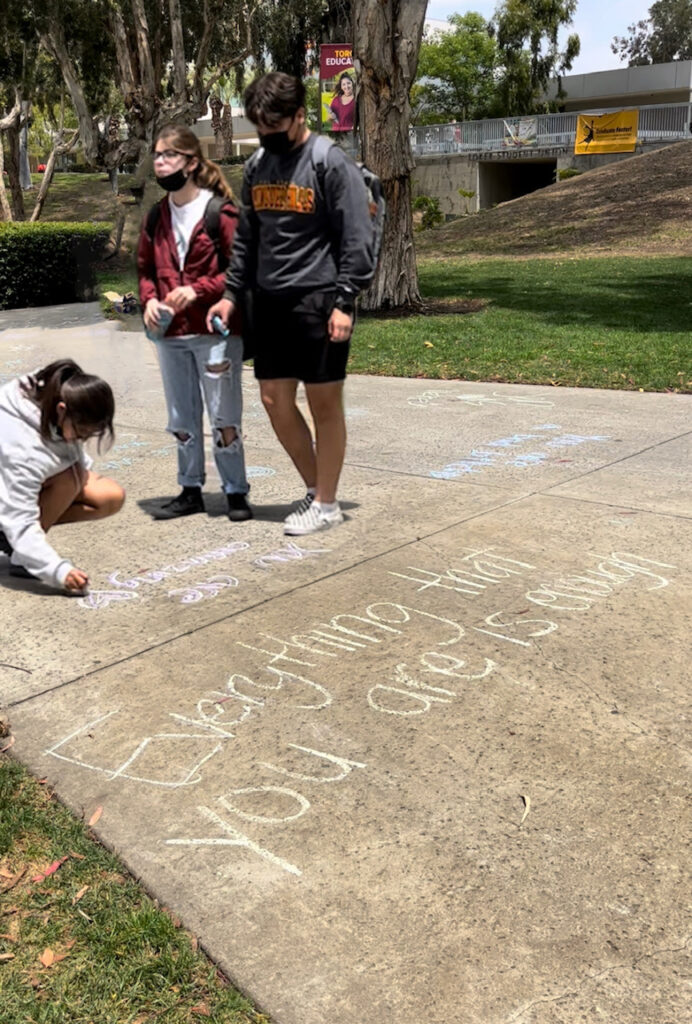
“We liaison with campus affinity groups and try to know the pulse of each group,” says Herbert. “We let them know that if they want to reach out for help, we’re here. We want to make sure they know they’re not out there on their own, feeling disconnected.”
Other on-campus organizations are joining the effort, as well. In April, the Educational Opportunity Program (EOP) held a free Self-Help Fair for students in Loker Student Union. “We wanted to provide a community environment,” says JuLinda Holmes, EOP retention director. “We showed students various fun, innovative resources and activities on how to provide self-care and thereby minimize mental health issues.”
The Self-Help Fair provided students with a series of stations where they could learn and practice 15 inexpensive, accessible self-care alternatives–from simple breathing exercises to self-affirmations. “We wanted to teach them how to apply self-care tools to their everyday lives, along with learning the importance of being mindful of their own mental wellness,” says Holmes.
In early May, SPS hosted their seventh annual Mental Health Fair in the CSUDH Sculpture Garden. The event drew hundreds of students, faculty, and staff, and featured free biometric screenings, stress-relieving stretching sessions, art activities, a relaxation lounge, and connections to on-campus and local mental health resources.
Herbert’s ultimate goal is to create a Toro Wellness Hub–combining forces with CSUDH’s Human Resources department to create a versatile online resource center to promote community wellness. “It will be for everyone–students, staff, and faculty,” she says. “The idea is to promote a community health model. If we can help support wellness in the staff and faculty, it can create a ripple effect of wellness throughout the community.”

